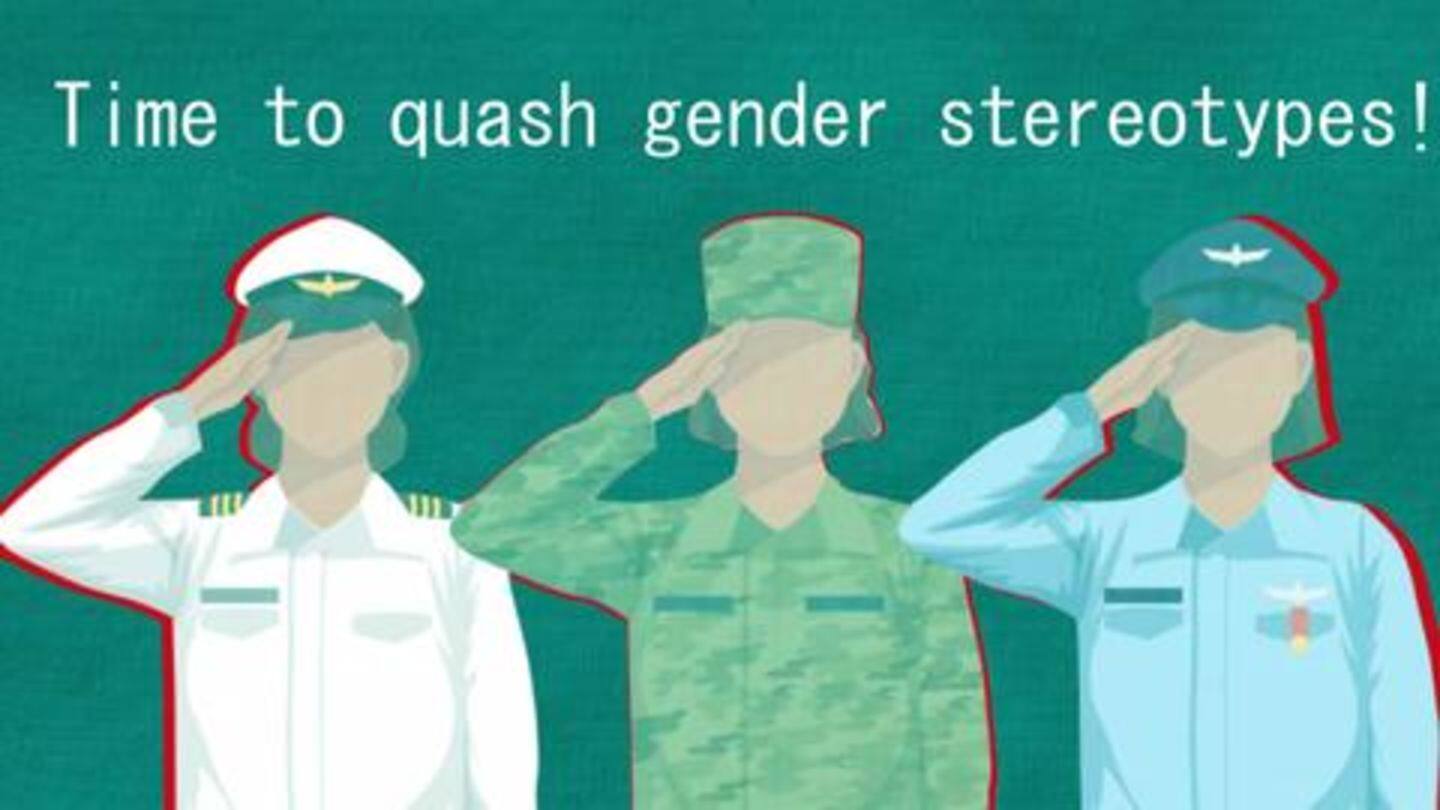
Women at work, men in kitchen: Maharashtra's textbooks challenge gender-stereotypes
What's the story
For decades, children have been taught problematic lessons on gender stereotypes. Children's books show women being relegated to kitchen chores, while men either read a newspaper or "go to work". Thankfully, someone has turned their attention towards this issue. Soon, books in Maharashtra will become more gender sensitive as Balbharati, the state curriculum board, has changed many illustrations. Here's all about it.
Problems
Books told kids women are meant for kitchen, men aren't
Now, books haven't been exactly forthcoming, as they should have been. For example, in 2006, a Class 1 English textbook showed a woman dressed in saree working in a kitchen. Separately, it also carried an image of a man who proudly said, "I work in an office". There were strict characterizations: Women stay at home, while men earn money.
Changes
In new books, men clean vegetables, iron clothes
Since gender sensitization is the word on the streets, it is apt that seeds for it are sowed early on in a child's mind. So, Balbharati made some much-needed changes. On page 20, of Class 2 textbook, women are shown as doctors and police officers. On page 52, a man and woman are shown cleaning vegetables, and on page 32, a man ironing clothes.
Details
Chapter called 'Nina's Dream' sends an important message
Moreover, a chapter titled 'Nina's Dream' focuses on changing mindsets, like none other. In the chapter, Nina tells her mother she wants to fly like a bird and swim like a fish. However, her mother dismissed her idea saying, "Girls cannot do all these things". But after Nina meets a pilot call Rutuja, she informs her mother that girls can do everything they want.
Quote
Balbharati's Director stressed on importance of changing books
Talking about the changes, Balbharati's Director Sunil Magar said, "We here at Balbharati give emphasis on experiments. While drafting the new textbooks, especially for the young ones, we need to see that the content in the textbooks is abreast with structures and changes in society."
Reaction
Everyone liked the idea of making books gender-sensitive
The new changes were welcomed whole-heartedly. A teacher said students will now understand that men and women are equal in every sense. Separately, Vibhuti Patel, Chairperson and Professor of Advanced Centre for Women's Studies, said years of gender sensitivity training programs for teachers, finally paid off. "Women today are not perceiving themselves as homemakers. Their contribution to the economy has got highlighted," she said.
Quote
The changes didn't happen overnight, revealed Patel
"Over the years states have appointed committees to deal with biases in textbooks. In the 1990s, the Indian Institute of Education held special sessions on textbooks. International declarations have underscored the need for challenging stereotypes. Textbook writers work with these frameworks," she added.